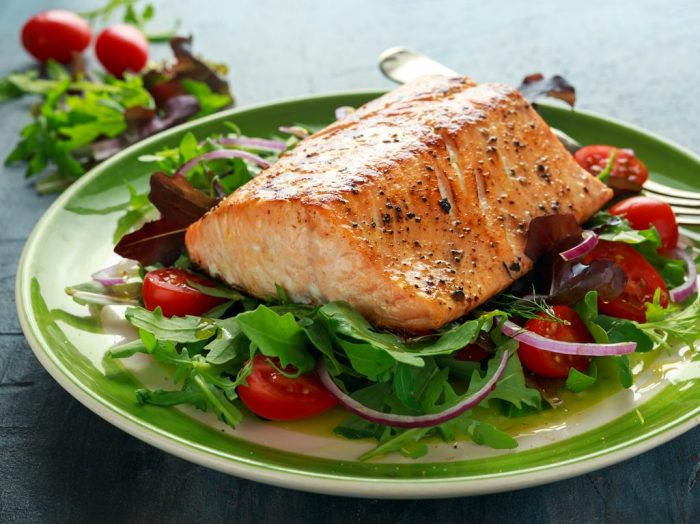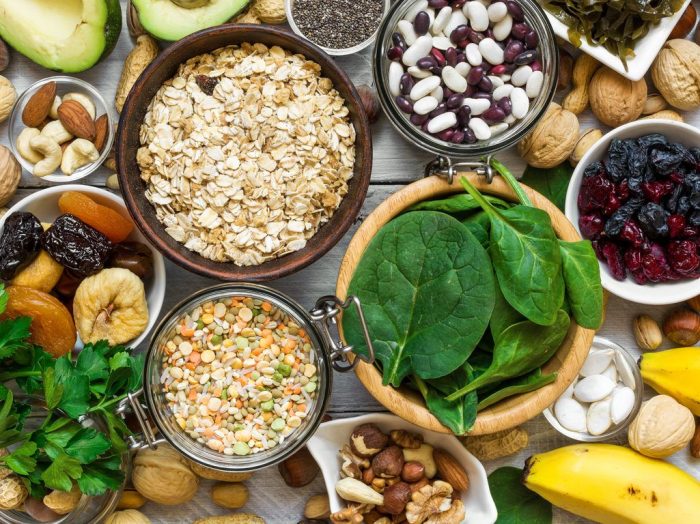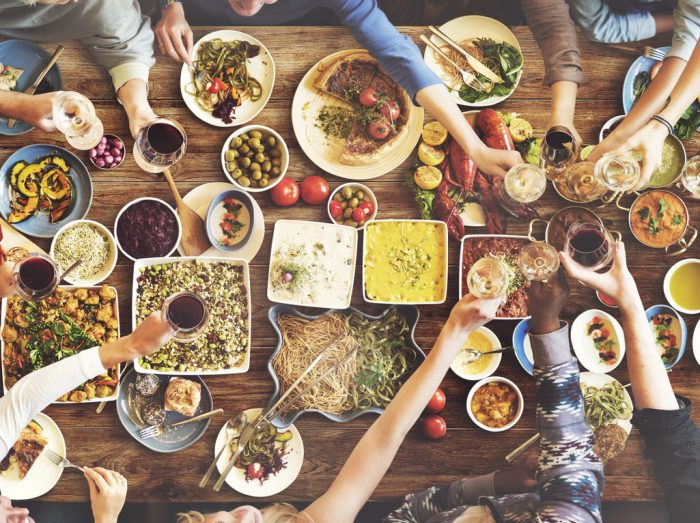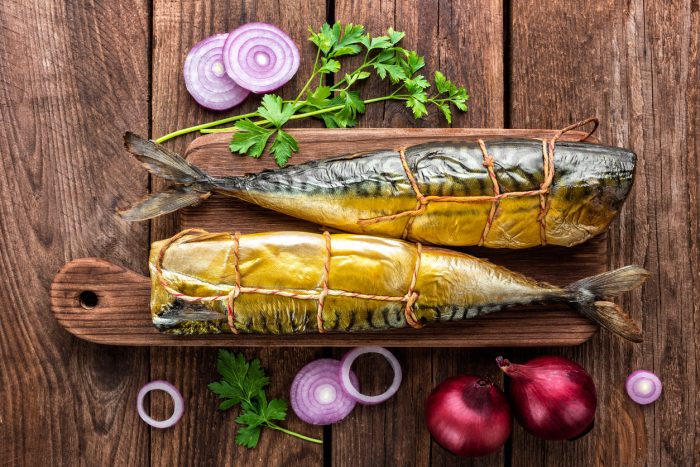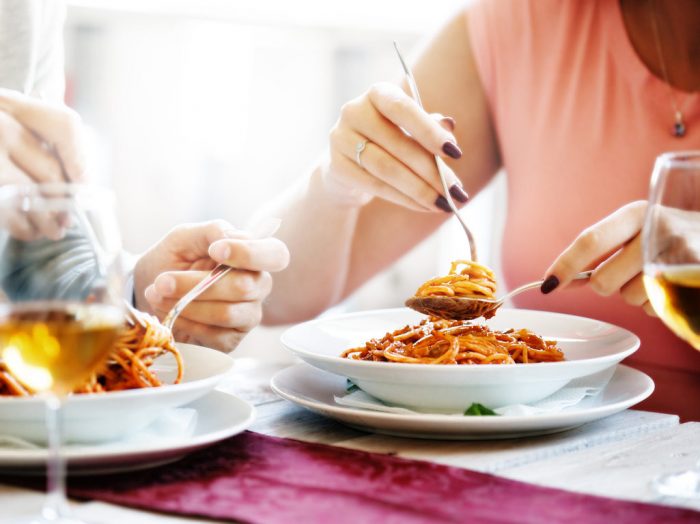You probably keep reading, like me, about how wild salmon is better for you than farmed salmon. But in the end, which type of salmon is more nutritious? And which one should you eat? We give you some information on that right now!
Sometimes I get so confused about what’s even healthy to eat anymore and what I should have and I wake up in a sort of fugue state, standing in the supermarket, looking at the shelves, not realizing what’s real and what not anymore. Sure, that’s a hyperbolic and overly dramatic way of saying that nutrition can be confusing, since there are is so much contradictory information out there, on the internet, in magazines, and so on.
So when it comes to farmed or wild, which type of salmon is the healthiest anyway? They say that farmed salmon isn’t nearly as nutritious as wild salmon and that it is full of toxins. But let’s check out the nutritious values of both products and figure something out.
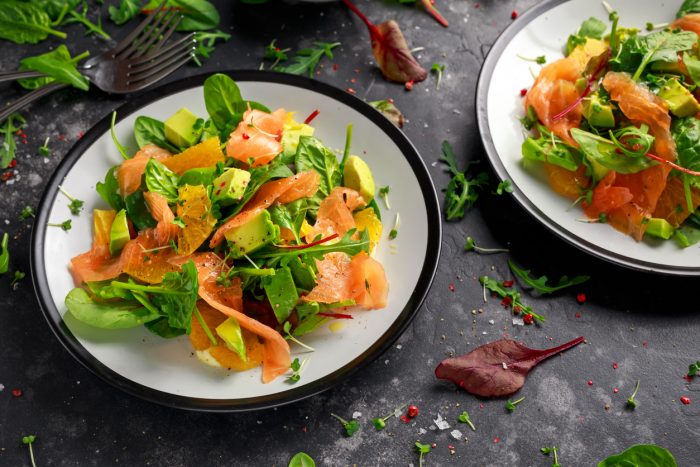
Farmed or wild: The type of salmon best for you
If we look at it actually, eating salmon, as part of a balanced Mediterranean diet, for instance, is good for you, no matter the type. But let’s take it little by little and see how they stand!
Farmed salmon has more omega-3 fatty acids. This is quite the shocker of a news. Farm-raised salmon contains 2 grams of omega-3 fats per 3-ounce serving, while wild salmon only has 1.4 grams, according to the USDA database. Also, the ratio between omega-3 fatty acids versus omega-6 fatty acids is 25.6 in farm Atlantic salmon versus 6.2 in wild Atlantic salmon. This just means that farm salmon has way more omega-3 than omega-6.
Vitamin and mineral content. Wild salmon contains more potassium and selenium (the latter one is very good for your body and rare to find in food). On the other hand, farmed salmon has more folate (very healthy and useful for pregnant women), but also vitamin A, which takes care of your eyes and skin. But in general, the differences aren’t even that vast.
How about toxins and heavy metals? Both of these types of salmon are pretty low on mercury as opposed to other fish, so that’s a moot point. How about PCBs (polychlorinated biphenyls), a type of toxin? Farmed salmon has more of them. But wild salmon has them too, even if less of them. And PCBs are also found in the dust in your house, so there’s nowhere to hide. If you’re worried about the toxins, note that cooking salmon and other fish removes some of them.

